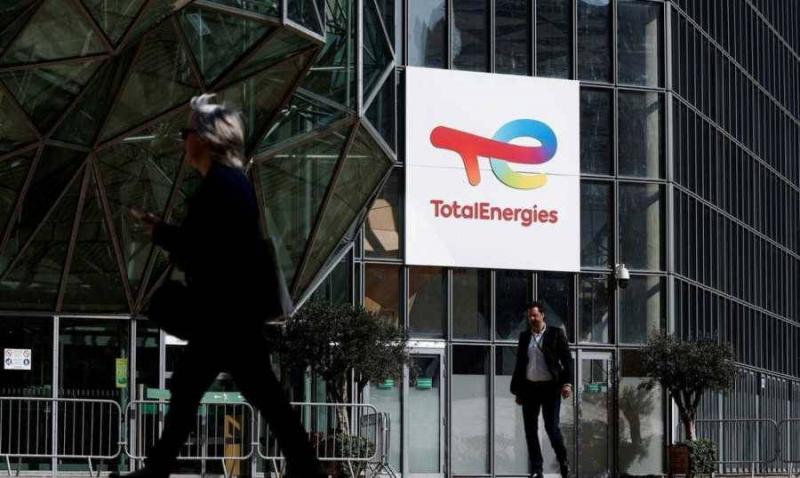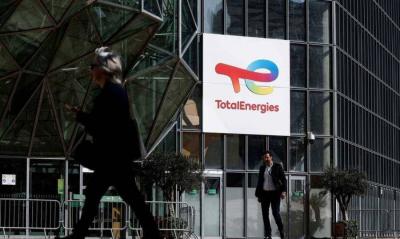Oil expert Aboud Zahr described the meeting between Energy Minister Walid Fayad and the CEO of Total as very important and significant. He indicated that it shows Total's seriousness in dealing with the issue and that it places great importance on this file, aside from reflecting Total's urgency to begin drilling. Zahr linked Total's enthusiasm for oil exploration in this block to the completion of the border demarcation with Israel, as this file is politically connected. France, in agreement with the U.S., has committed to proceeding with exploration in Block 9, particularly in the Qana field.
Zahr confirmed that Total has begun communicating with companies to conduct environmental surveys ahead of the drilling operations, with some companies hurrying to commence their assigned tasks immediately. He explained that Total is currently working on contracting around 30 international companies for the drilling operations, noting that Total does not own a single drilling vessel and has therefore issued a tender to contract a drilling ship, with results expected to be announced in the first quarter of next year, after which the vessel will head to Lebanon in a journey expected to take at least a month.
Despite Total's urgency, Zahr predicted that drilling would not begin before the end of 2023, attributing this to necessary approvals and transactions required from the public sector and certain ministries, such as the environmental impact study that needs the approval of the Ministry of Environment, which may take months and several other transactions. It is also expected that in the second half of the year, logistical and technical preparations will commence, equipment required for drilling will arrive, a drilling base will be constructed, including the platforms to be installed in the well, the maritime base in Beirut will be built, and small boats will be secured to transport equipment to the port and to the drilling area.
### Reasons for Extending Licensing Deadlines?
In contrast to the enthusiasm shown by Total for Block 9, it seems strange that the Lebanese Ministry of Energy has extended for the second time the deadline for submitting applications to participate in the second licensing round in offshore waters due to companies' reluctance to participate in the tender. In this regard, Zahr stated that the Russian-Ukrainian crisis and the halt of Russian gas exports to Europe has created a pressing need for gas. Given Lebanon's location in the Eastern Mediterranean basin, countries are very interested in Lebanon's gas; however, the investment climate in Lebanon is currently lacking. Investment companies are concerned about recovering their invested funds in Lebanon, which requires engagement with an untroubled banking sector and a need for public institutions to promptly fulfill the countries' requirements for signatures, documents, and expedite transactions and licenses.
Investing in oil necessitates interaction with more than 25 governmental institutions from various ministries, such as Energy, Environment, Economy, Finance, Public Works, Transport, Foreign Affairs, Interior, Customs, Public Security, and Civil Aviation, while state institutions are in a state of paralysis, sometimes taking months to complete transactions. Additionally, some resolutions require Ministerial Council approval.




